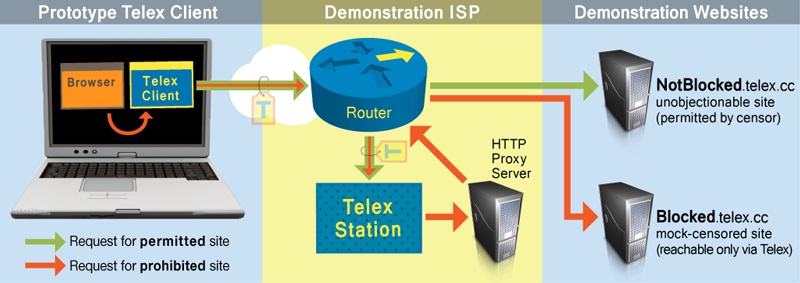8 Aug 2011 | Index Index, minipost
Peruvian journalist César Gonzáles has been sentenced to two years in prison and ordered to pay damages for the crime of “general misrepresentation of the State”. The case against Gonzáles, who directs and hosts a current affairs programme 60 Minute News on television channel UTV Canal 19 in the eastern city of Pucallpa, was initiated after he denounced corruption in the local government before the Oversight Committee of Congress. The journalist, who said he would appeal, deemed the sentence “political and judicial persecution”.
8 Aug 2011 | Index Index, minipost
Journalist Gorka Ramos was among the four demonstrators arrested for public disorder last Friday when armed riot police clashed with anti-austerity demonstrators in Madrid. A video of Ramos, who works for Spanish news site La Información, shows him being addressed by the police while he was tweeting the events, he was subsequently beaten. La Información reports that 13 protesters were treated for injuries and that Ramos is being held in a Madrid jail, unable to speak to his family or employer. According to the police, Ramos was arrested for insulting and spitting on them.
8 Aug 2011 | Index Index, minipost
Norawase Yospiyasathien, a university graduate and blogger, was detained on Friday while police investigate allegations of lese majeste — offending the Thai monarchy. According to online newspaper Prachatai police are scrutinising his blog posts. The person who filed the charge was said to be a vice rector for students affairs at Kasetsart University, who reportedly said he was pressed to do so by the University Council in a bid to protect the school’s reputation. The student could be charged under both lese majeste law, which carries a maximum 15-year jail term, and the Computer Crimes Act, which has a punishment of up to five years in jail.
3 Aug 2011 | Asia and Pacific, China
In recent weeks there’s been a big buzz about a new anti-web censorship system called Telex developed mainly by a team of scientists from the University of Michigan.
Unlike proxies and VPNs which are easily blocked by censors, Telex buries the anti-censorship machinery into the web itself (ISPs in the Internet unblocked world would need to install Telex systems). The team says it will be “easy to distribute and very difficult to detect and block.”
For those of us living in China, Telex seems like a dream come true.
We contacted Eric Wustrow at the University of Michigan to ask him how it works and when we could start using it.
UNCUT: Say I’m in Beijing, how would I go about using Telex to access blocked content?
Eric: Someone that wants to use Telex would first have to get the Telex-client software available on our website. They could use an existing intermittent proxy, or get a copy from a trusted friend. They would then install the software on their own computer, and use it as an HTTP proxy for their browser. We have instructions on how to install and use the software on our website.
We want to remind people that our software is only a prototype demonstration, and shouldn’t be used by users that may face punishment for subverting their government’s censors.
[At the time of writing this post, China had not blocked the Telex website.]
UNCUT: Do you have a diagram to show how it would work in practice?
Eric:

UNCUT: What are the main obstacles to making Telex a) work and b) widely available?’
Eric: One of the biggest obstacles is getting ISPs to deploy Telex. We have to determine what incentives would be needed to have Telex installed at the right locations. Combined with this, we must consider which ISPs or locations would be best for giving Telex wide availability.
UNCUT: Say it does become widely available. What could China do block it?
Our demonstration prototype could be easily blocked by banning access to notblocked.telex.cc. For a real deployment however, it would be substantially more difficult for China or any censor to block without overblocking legitimate websites.
UNCUT: Feasibly, when could this be available?
Eric: As we’ve said, the demonstration prototype is currently available for researchers. We are in the process of contacting ISPs that might be interested in deploying Telex as an experiment, but currently don’t have any time estimates on when it will be ready for public use.

